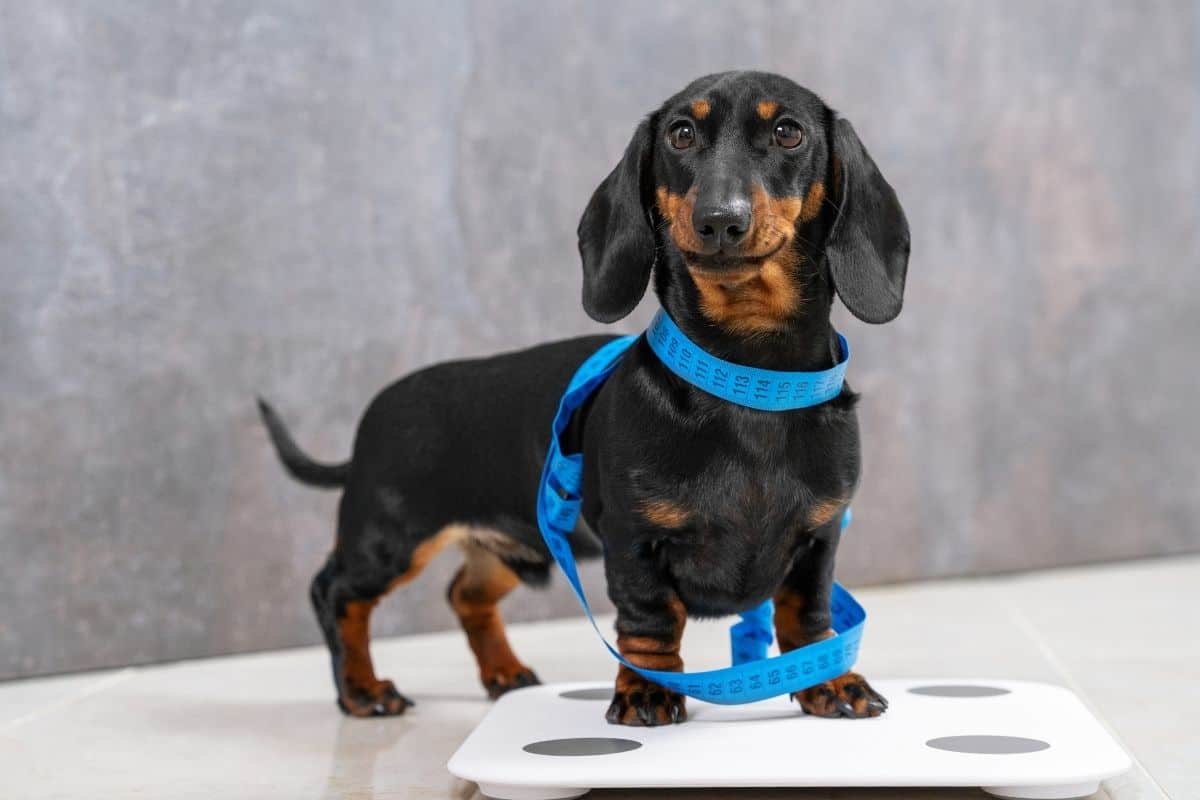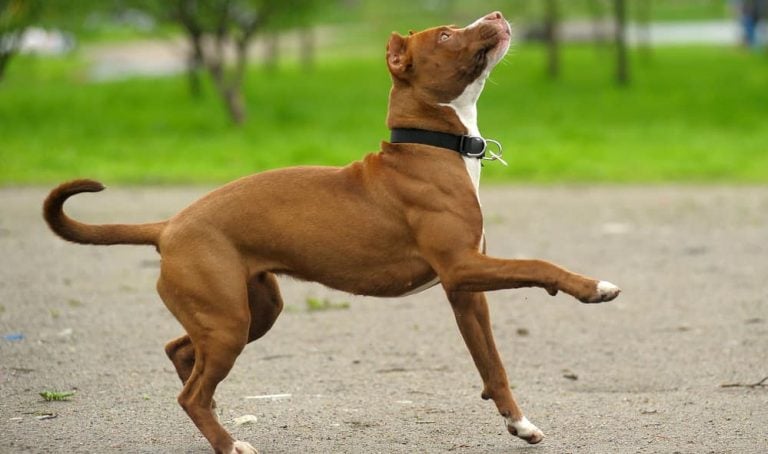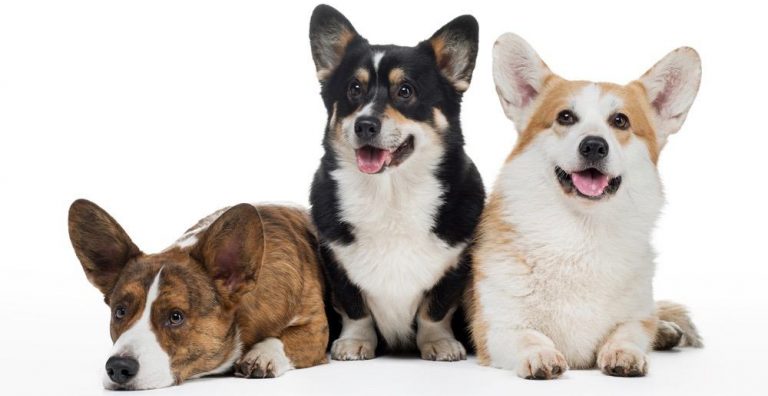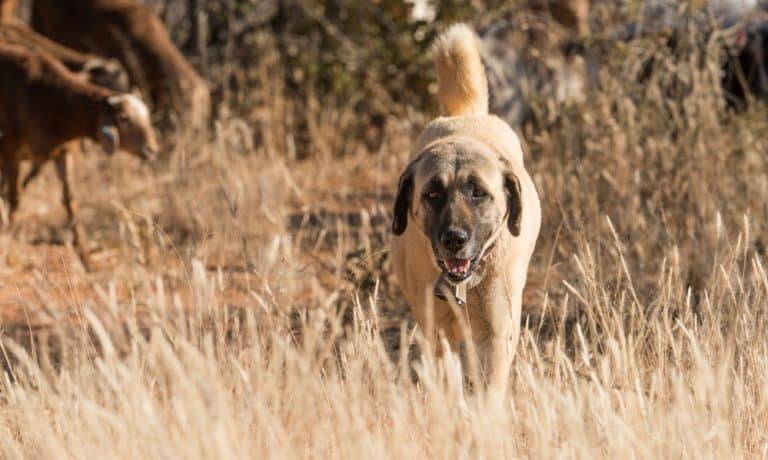How Much Weight Should A Puppy Gain Per Week?
Puppies are cute, cuddly, and playful little bundles of joy. They also require a lot of attention from their owners.
If you want to get a puppy, you’ll probably want to start off with a good idea of how much weight they should gain each week.
Puppy food is usually high in protein and low in carbohydrates. This means that puppies tend to eat a lot of meat and very little vegetables.
As such, you’ll want to feed them a balanced diet that contains enough calories to support their growth.
You can calculate the number of calories needed for your puppy by multiplying its current body weight (in kilograms) by 0.5. For example, a 20 kg dog would need around 2,500 calories per day.
The best way to measure this is to weigh your puppy every couple of days and take note of how many grams it has gained over the last few days.
Once you have an average number, multiply it by 0.5 to find out how many calories your puppy needs.
Puppies need healthy amounts of nutrients to grow into adult dogs. You should feed them as much as possible while they’re still puppies. As they get older, they’ll eat less because they’re getting more mature.
Feeding too much can cause obesity.
So, without further ado, let’s get into how much your puppy should be gaining each week as they progress into adulthood!
Regarding the fact that this depends on the breed and overall healthy, steps towards a happy and well looked after puppy.
Overall Healthy Exercise And Diet For Your Puppy
A puppy needs to be fed specially formulated dog food. You need to feed them twice per day, once in the morning and again before bedtime.
Make sure that the food has been made by a veterinary nutritionist because if the food isn’t made correctly, it won’t work properly. Your vet will also give you instructions about how much food to feed your puppy.
Also, make sure that you’re giving your puppy plenty of water every day. Giant breed puppies need a complete and balanced diet. Their size requires them to eat more calories than smaller breeds.
Also, large breeds require more protein than smaller breeds. Dog foods labeled as “complete and balanced” meet the minimum nutritional requirements needed by puppies.
Dogs who eat too much may become overweight. Feeding them too many calories may cause obesity. Smaller portions are better. Your dog needs three meals a day, but he doesn’t need any excess of this.
Puppies should not be running or doing excess exercise before their joints are fully fused. This often happens between 12-16 months of age for most breeds, but for large breeds, it may not happen until 20-24 months.
Otherwise, this kind of exercise may cause stress and health issues with your joints and bones.
Your Puppies Growth
Puppies are cute and sweet. Their first year is very important because they learn how to walk and eat. They grow fast and become strong. They need lots of attention and love.
Puppies grow up to become dogs. Depending on the size, weight, and age at birth, puppies may vary in size.
Smaller puppies tend to be smaller in stature as well. Larger puppies tend to be larger. There are many kinds of dog breeds. Some are very small, while others are giants.
Puppies usually start out life weighing around 7-10 pounds. In time, they will increase in size.
So, aim to keep an eye on your puppies’ growth throughout their infancy in a healthy and balanced way, as long as you’re feeding them enough, they should be growing well.
Weight Gains On The Daily

A puppy gains 10-15% of its birth weight every day. By the end of the first week, the dog will have gained about 20%.
At the end of the second week, the dog will weigh around 30%, at the end of the third week, 60%, by the fourth week, 90% and by the fifth week, 100%. Toy breeds grow faster than other dog breeds.
They reach adulthood at an early age. Their size increases by 5-10% every week. Small breeds also increase in weight by 5-10% per day.
Large breeds grow slowly, but still, reach adulthood at 9-10 months. A large dog gains two pounds each week, while giant dogs gain three or more pounds each week.
Your pet needs to see a veterinarian if his growth is not normal. He may need some tests done by a specialist. Relax and wait until you hear what your vet says about your pet.
As a general rule of thumb, take care of your puppy as you have been and take on any advice from your vet when the time comes. You’re doing great!
Signs Your Puppy Is Making Healthy Weight Gain
Puppies grow quickly and need more nutrition to reach adult size. Your vet can tell how well your puppy is growing by examining him/her. You can also feel your puppy’s rib cage by gently pushing down on them.
Puppies should switch to adult foods when they reach 12 months old.
Smaller breeds require fewer calories per pound of bodyweight than larger breeds do. Puppies should be fed twice or three times a day. Feeding too much during this time can cause obesity later in life.
Overfeeding can cause joint problems, and eventually shorten the lifespan.
How Much Weight Should A Puppy Gain Per Week?
Dogs’ sides should be flat and not hanging below the chest. Their ribs shouldn’t be exposed beneath any layers of fat. The weight of your puppy depends on a few factors, like their breed, age, and genetics.
The same puppy family can have different weights for each puppy if one has a larger built through genetics than the others. However, we can give a general idea for each age group.
Weight Of An 8-Week-Old Puppy
Toy breeds, who are born at roughly 3 or so ounces, should be weighing in at 43 ounces when they get to 8 weeks old.
And larger breeds should be somewhere along the scale of 1.5 ounces when they are born and 43 ounces upon their 8-week weigh-in.
Weight Of A 10-Week-Old Puppy
Medium breeds of dogs are usually smaller than large breeds. The average size of a Collie is about 15 pounds, while the average size of a Great Dane is 36 pounds.
If you have a Collie breed who at birth was around 10 ounces, he should be 15 ounces by the 8-week weigh-in.
Great Danes should be 36 pounds at this time too, however, this is subject to changes as every dog is different and their heritage and family history may be different.
So make sure to check these things out before purchasing or adopting your puppy in advance.
What Is Normal Weight Gain?
A puppy should start gaining weight when he is around 3 weeks old. He should gain about 10-15% of his birth weight each day. Small breeds need to gain about 5 ounces, while large dogs need to gain 2.5 pounds each week.
You can use these visual cues to check if your dog is growing well or not.
Puppies grow fast. Their bodies are still developing, and they need proper nutrition. Pups should weigh about 10% more than their adult body weight.
A healthy puppy’s ribs should be padded, but not too much. Also, puppies should not be barrel-shaped.
A dog needs proper nutrition to grow properly. Puppies need more than normal growth and development. Puppies need adequate amounts of protein, fat, vitamins, minerals, and carbohydrates.
Puppies also need water and exercise.
Puppies should gain about 10% of their body weight per week. Smaller breeds should gain more than medium-sized breeds, but larger breeds should gain less. Weight gain should vary depending on the type of food being fed.
Super-premium puppy foods like Bil-Jac can help puppies stay within a healthy range of weights. A puppy club is a place for people who want puppies to meet each other.
People can go there to get information about dogs and take care of them.
Final Thoughts
Puppies grow quickly, but if you take care of them properly, they’ll never get too heavy. Write down everything you know about your puppy. You might need this info someday!
A Dog Printable Planner is a great tool to help you organize things around your dog.
You can write down important details about your dog such as breed, age, health conditions, training tips, etc. These notes will be useful whenever you need to make decisions regarding your dog.
You can even use them if your dog needs medical attention.






